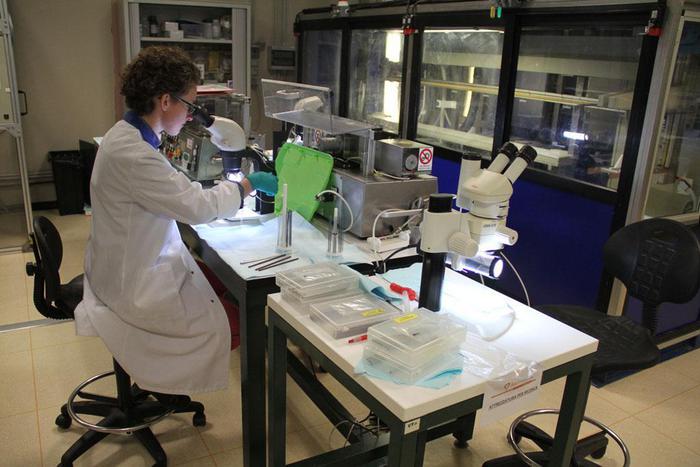A key actor in the development of diabetes has been discovered which could become the target of new therapies: these are microscopic molecular 'channels' present on the membranes of insulin-producing cells. We have seen that if these channels (which allow calcium molecules to enter the cell) are 'hyperactive'; the result is a failure of the secretion of the hormone that regulates blood sugar. This was revealed by a study published in the journal PNAS and conducted at the Karolinska Institute in Stockholm.
Experts have seen that if these cell membrane transport channels, called CaV3.1, are present in large numbers, too much calcium enters the cells and, consequently, they see their ability to release insulin decrease. Therefore, according to the scientists, blocking these channels could represent a new way in the treatment of diabetes.
The experts worked on animal models of both type 1 and type 2 diabetes and on beta cells (those that produce insulin) and documented the involvement of an excessive functioning of these membrane channels. "Our work - explains Shao-Nian Yang, one of the authors - points the finger at the excessive presence of these channels as a crucial pathogenetic mechanism in the development of diabetes, therefore CaV3.1 channels should not be neglected in disease research" .
"Furthermore, selective blocking of CaV3.1 channels could have potential as a new targeted treatment strategy" - says Per-Olof Berggren, director of the Rolf Luft Research Center, of the Karolinska Institutet, and coordinator of the work. "Clinical trials with molecules that block CaV3.1 channels in patients with diabetes - he concludes - could become one of the future priorities of our research".
"It should be remembered - explains in a comment to ANSA Francesco Purrello of the University of Catania and President of the Italian Society of Diabetology - that type 2 diabetes occurs clinically only when insulin hormone secretion is no longer able to compensate for insulin resistance induced by poor nutrition and sedentary lifestyle. So - he stresses - to prevent diabetes we must not only correct our lifestyle, but best preserve our beta cells and their insulin secretion. study presented on PNAS is very interesting and original ", he concludes.
The potential target of new treatments for diabetes found
2019-12-27T09:44:05.921Z

A key actor in the development of diabetes has been discovered which could become the target of new therapies: these are microscopic molecular 'channels' present on the membranes of insulin-producing cells. (HANDLE)



/cloudfront-eu-central-1.images.arcpublishing.com/prisa/6GEKDOLV2NGJ7PQMJUEXGFLG6Y.JPG)




